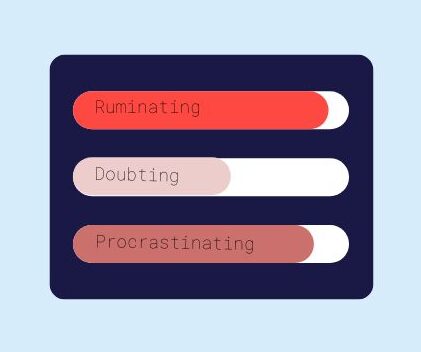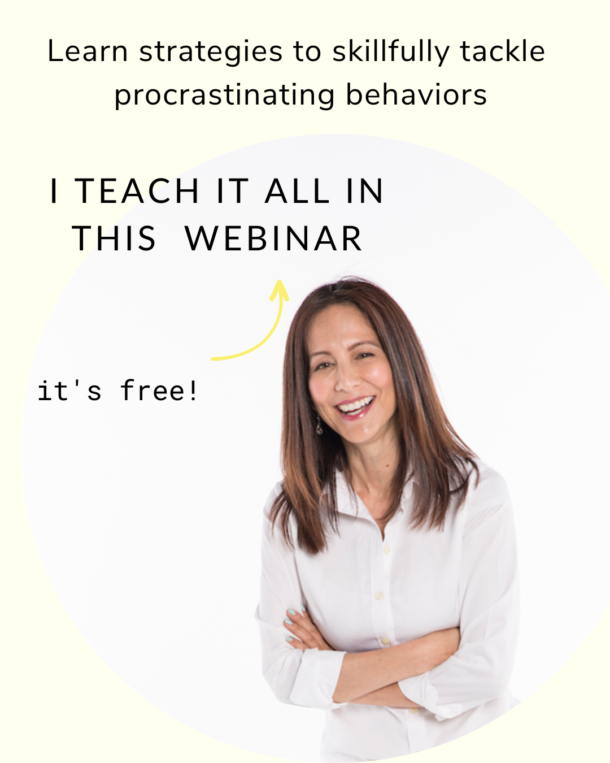A portion of the human experience that many of us enjoy and delight in has to do with experiences of joy, awe, and celebration. Another portion which many of us grapple with has to do with the realities of pain, challenge and suffering. We find ourselves afraid to engage with the discomfort, unsure how to effectively relate to these distressing difficulties.
We humans are usually drawn to positive enjoyable experiences and often tend to avoid painful realities. This avoidance can show up when we suffer from individual work problems.
For instance, we might experience stress or anxiety around meeting a tough job deadline. Ironically, this can lead us to avoid working on the challenging project and then beat up on ourselves for our delays, thus distracting us from the task, and causing even further delay and increased stress.
This avoidance can also relate to systemic problems. For instance, we may recognize that someone at our workplace discriminates against others or shows contempt or disregard for the well-being of others. Addressing such behaviors early on can lead to a more positive work climate for all, especially when done in a collaborative fashion, with a focus on alliance building with others towards the shared goal of creating a more safe, productive, and caring workplace.
And yet we avoid doing something about it because it is uncomfortable to do so. This avoidance can lead to a potential increase in abusive behaviors in the workplace, which in turn could create more systemic problems, such as threat responses among employees. This sequala will negatively impact the productivity of the organization, employee engagement, burnout, and our personal well-being.
While taking clear action to address our own personal challenges, and systemic injustice is a logical course of action, it is very understandable that we might avoid doing so. It can simply be hard and uncomfortable to do, and even when we feel motivated to act, we often lack the specific skills or capacities to do so effectively.
For many of us, beginning to respond to these realities might necessitate the cultivation of such capacities. While some regard compassion to be soft, or related with weakness, a science-based definition offered by Professor Paul Gilbert suggests otherwise. Gilbert defines compassion as “The sensitivity to the suffering of self and others with deep commitment and motivation to try to alleviate and prevent it”. Gilbert’s model is part of a comprehensive evidence-based approach called Compassionate Mind Training (originating from Gilbert’s Compassion-Focused Therapy, CFT). This model focuses on helping individuals cultivate the courage to move towards suffering in a productive manner, instead of avoiding it and experiencing a grave increase in suffering.
This compassionate engagement moves in three directions:
- Extending compassion to others when they need help
- Receiving compassion and help from others when we suffer
- Practicing self-compassion when we struggle internally
While there are many applied facets to this rich model, ranging from evolutionary neuroscience, somatic psychology, mindfulness training, Jungian theory, and cognitive behavioral skills one central theme is the methodical cultivation of a sense of self who can effectively endure dealing with suffering. This model recognizes we can easily become trapped in a threat-based conception of ourselves.This can lead us to react to challenges through our anxious, angry or sad selves. These selves often produce poor well-being and reduced capacities to engage suffering. What arises from this reality is a need to respond by employing another sense of self, which has been described as the compassionate self-identity.

This sense of self entails actively practicing in three core attribute domains:
- Strength, Authority, Groundedness and Stability.
- Wisdom, empathic understanding of human suffering, and life’s painful challenges.
- Commitment and motivation to actively care in 3 directions (1. Extending compassion to others, 2. Receiving compassion from others, and 3. Practicing self-compassion).
The qualities of strength, Groundedness and Stability allow us the capacity to withstand life’s pressures and develop the courage to effectively engage personally challenging life stressors.
It also affords us the courage and authority to acknowledge and address the unjust, hurtful realities that impact others.
Building on this sense of wisdom allows us to more deeply recognize the dynamics that play out in stress and conflict situations without being easily triggered. Wise understanding supports us in being more effective in approaching our own suffering (e.g., by focusing on being gentle with ourselves as opposed to avoidant or self-critical when we struggle). This empathic understanding also supports us in effectively helping others in need (e.g., by creating alliances and collaborations with other co-workers towards ensuring a safe, caring, and productive work environment).
This sense of strength and wisdom often creates a positive feedback loop, as it supports the emergence of more constructive outcomes. The third attribute of this compassionate identity is motivation, which is key. The compassionate self is energized and motivated to extend care and concern for others, receive it when needed, as well as show compassion for oneself. Numerous studies have demonstrated that doing so will help reduce suffering, as well as increase individual and collective well-being, and of course compassion for self and others.
The emerging invitation is to explore paths to cultivating our compassionate self identity at home, and at work. Doing so is an opportunity to reduce our threat reactions by increasing our capacity for soothing, alliance building and caretaking. Doing so will be of service to each of us as individuals, as well as support us in becoming personally and professionally embedded in a collaborative, trusting, nourishing community of care.
Dr. Yotam Heineberg, Psy.D. is a licensed clinical psychologist. He is a clinical faculty member at Palo Alto University. He runs a private practice in San Francisco and offers compassion-focused workshops for healthcare providers, organizational environments, and educational settings.







